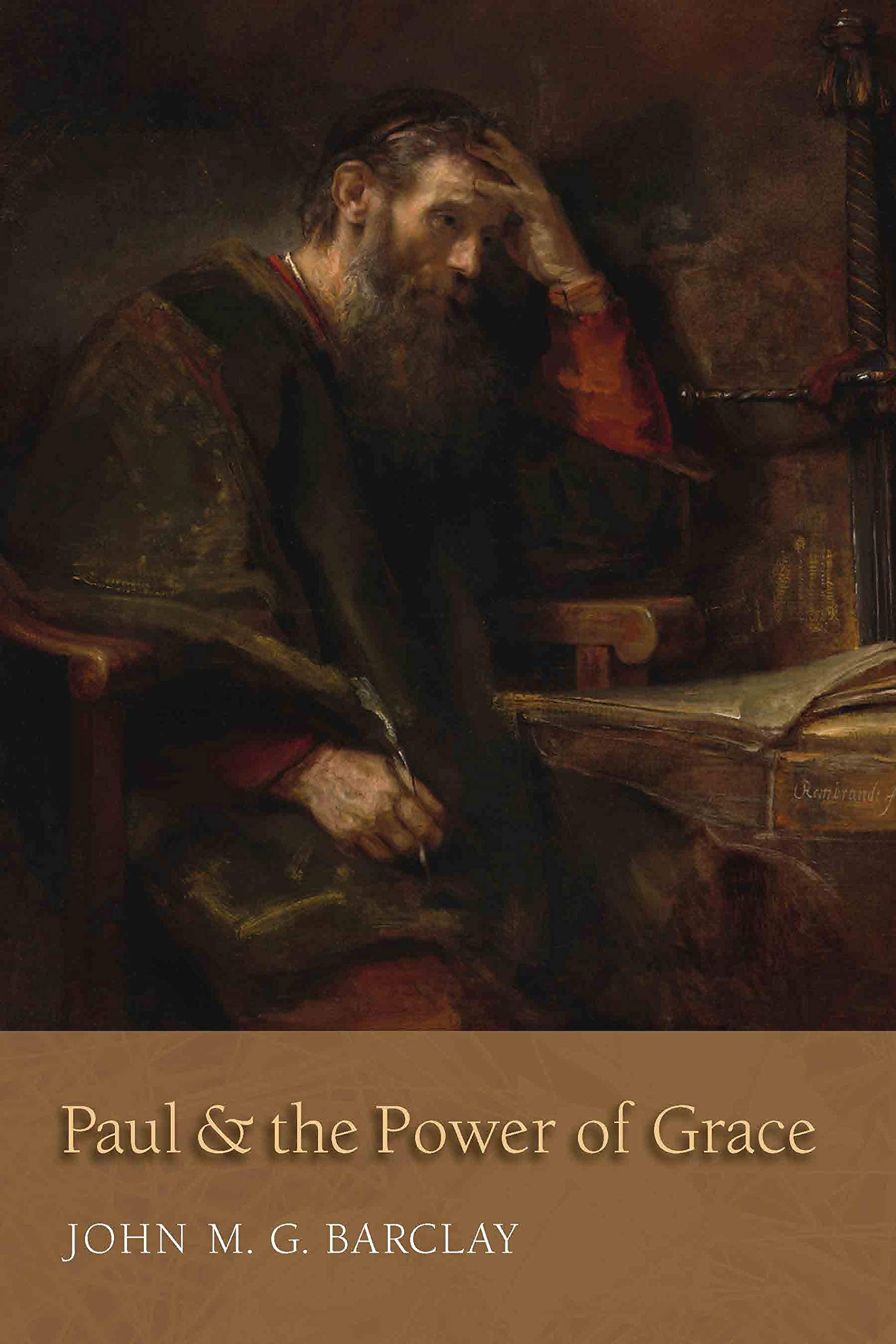Servicios al cliente
Sobre nosotros
Copyright © 2024 Desertcart Holdings Limited


Full description not available
D**N
excellent and effortlessly readable
When you read the NT, it is easy to get the sense that God’s love and mercy are undeserved and unearned, but that they also come with an expectation of obedience. Because of the confusion caused by Reformation theology and Enlightenment individualism, the imperatives found in scripture to do good works are often explained away. This book clearly and concisely explains that there is no tension between the gift of salvation and the obligation to obey. Grace is a communal circle of giving and receiving. It bases our worth and identity, not on any social capital like ethnicity, class, or gender, but on God’s loving choice to make us his children. Since the gift is specifically the death and resurrection of Jesus, then receiving that gift reconfigures everything about a person: desires, values, aims, purpose, and ethics. To receive God’s grace is to become a new creation. Freed from the need to prove our worth to God or others, grace makes us primarily focused on reciprocating God’s gifts with gratitude and sharing them with others. In that way, grace is more than just individual conversion. It is primarily about community formation, where the gift (charis) of Christ forms gifts (charisma) in the Body of Christ that each member uses to depend on each other. So grace initiates, transforms, and sustains a life in God.
B**N
A Biblical Study of Grace by a profound exegete
In 25 Regent College summer theology classes over 35 years, the most stimulating were John Barclay's on "Grace as Gift" and "Galatians." His thesis, elaborated in "Paul and the Gift," is beautifully summarized now in this book. It finds Paul's "grace" is "given" to all, "unconditioned" without qualifications. Yet it is also "conditional" in requiring responding with trust and Spirit enabled obedient works, confirmed on judgment day.Barclay is a diligent exegete. For all interested in the New Testament relationship of faith, grace and works, he presents an indispensable tour-de-force, especially detailing the arguments in Galatians and Romans. He exposits my own impression of Paul's two-fold balance.Barclay's application seems more problematic theologically. He argues that God's costly universal and unconditioned grace and love is the solid basis for treating all others with equality of worth. But grace's "conditional" aspect allows that many will not choose to do what meets the required conditions, and God thus knows that the work of grace will end in a division between those justified and those condemned. I fear that such a final separation from being among those welcomed into experiencing love and worth reinforces many devout inclinations to thus imitate how God ultimately relates to unbelievers.Barclay doesn't clarify any ultimate good that unconditioned grace secures for individuals, and notes that even those initially trusting can choose to lose the benefits of grace (142). The apparently untransformed lives of many who believe that they have trusted in Christ intensifies this concern. Thus for this reader, Paul's ultimate eschatological vision and an assured reconciliation ultimately of all creation appears essential for affirming universally secure human worth.
T**S
A biblical, theological, and practical book
The following sentences show the main characteristic of this book."The reading of Paul offered in this book thus intersects with both long-established and more recent lines of interpretation. It has the capacity to resolve some of the old confessional disputes around grace but also to put more recent lines of interpretation on a stronger exegetical base and to repair some of their weaknesses." (John M. G. Barclay, Paul and the Power of Grace, pp. 171-172)Barclay offers his own interpretation of Paul in a fresh way, and it will help us read Paul's writings in their original background and for our own context. This book points to the close relationship between theology and ethics since "for Paul individuals will hear and experience the good news primarily in relationships with others" (Barclay, Paul and the Power of Grace, p. 185).To me, it was very interesting that Barclay, a biblical scholar, takes a serious view of great Christian traditions and philosophical figures. He is not only a biblical scholar for the academy but also a theologian for the modern church. I appreciate his work.
J**E
Not for listening to
The content of the book is excellent. But listening to it (Audible) was distracting. First, because when one reads a book, the reader passes by the biblical references (looking them up at a different time.) But when listening to the audio I found the reader reading every citation quite distracting. Also the reader, in my view, has a cadence that never seems to change, somewhat robotic; quite often trailing off at the end of the sentences. But if you can live with these distractions, the content is really very good.
J**T
Great Insight into Grace
As a lifelong Christian, I thought that I understood grace. Barclay does such a deep dive into grace and the "Six Perfections of Grace" that I now know that my five decades as a Christian I never fully understood God's grace and the transformational power that it has on the believer's life. This book is a fairly easy read, even I could understand it. I rarely markup my books, but I can't stop underlining all the ways Barclay challenges and encourages me. Please, if you are going to read any book this year, make this the one.
Trustpilot
Hace 1 mes
Hace 3 semanas